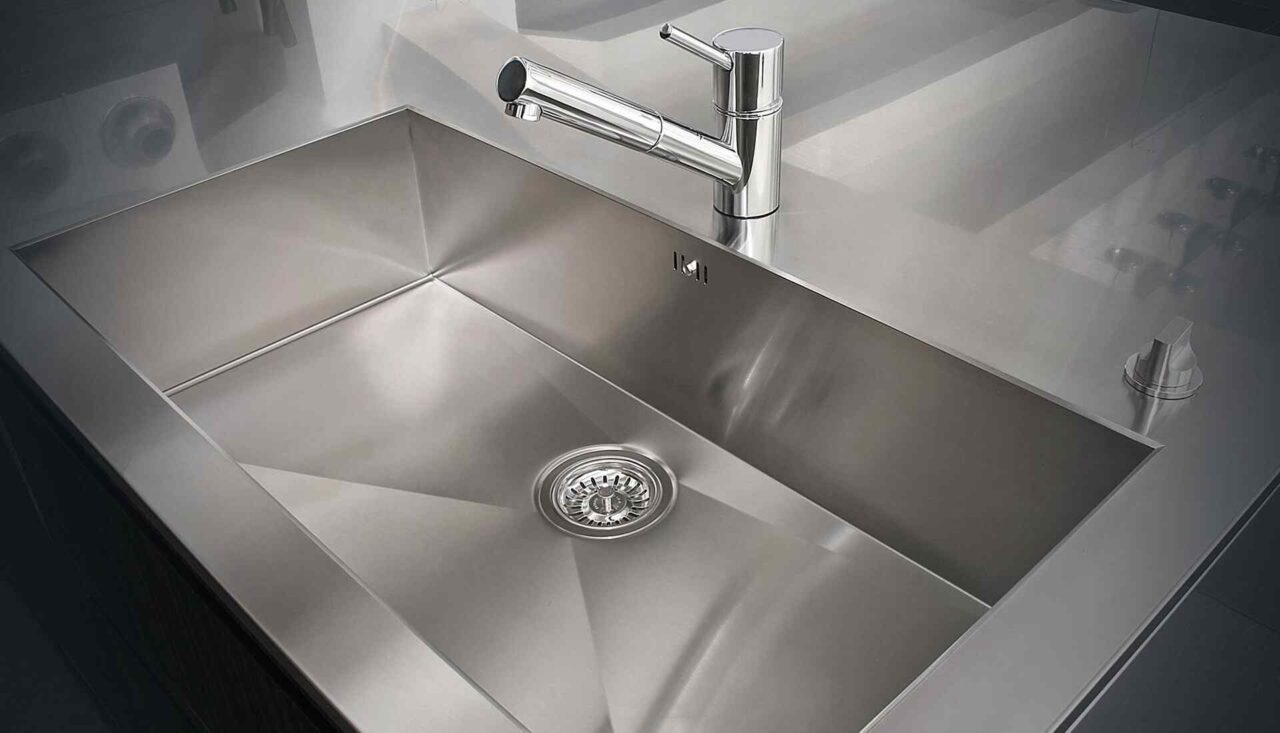
For many homeowners with a blocked drain it is easy to work out whose responsibility it is to fix it, however if you rent the property it can be tricky to work out whose responsibility it is.
NB: This blog is for a general overview only and does not constitute specific advice.
Under the Landlord and Tenant Act 1985, the landlord has the responsibility to maintain the property, including pipes, drainage and plumbing. However, if a drain does become blocked through your misuse as the tenant then you may be liable for repair costs.
If you are a tenant renting a property, then the single biggest takeaway you can get from this blog post is how important it is to find out who’s responsible for maintaining every aspect of where you live. This will help to avoid unexpected bills and charges so it is important to have these conversations with your landlord as soon as possible. This is a good rule of thumb not just for plumbing but for the heating, electric and gas too.
Who is responsible?
It is unlikely a tenancy agreement will have every type of household eventuality covered so it can be important to figure out who is responsible for the blocked drains. It is usually the case however that depending on where the blockage occurs determines who is liable.
Landlords accountability
It is the responsibility of the landlord to ensure the property is well maintained under section 11 of the Landlord and Tenant Act 1985. This includes checking the plumbing, drainage, gas and electricity is in good working order as well as all fittings and fixtures. The landlord should check these at the start of the tenancy as well as regularly throughout.
It is important that if you spot a blocked drain, you inform your landlord immediately as it is there responsibility to fix them, before it damages the property. It is also an obligation that emergency repairs are attended to within 24 hours so your landlord may give you instructions of emergency contacts and how to turn off the main supplies.
Tenant’s accountability
A tenant’s accountability really does start right at the beginning of the tenancy. Even though you don’t own the property you should check that everything is in full working order as once the lease is signed, the responsibility passes onto you. As a tenant you will be responsible for anything you or a guest puts down the drains and may need to pay for repairs.
In the case of minor blockages, you may be able to use one of our home remedy drain cleaners to try to resolve the issue, or read our guide on how to unblock a sink, without involving the landlord. However, it is important before you use any harsh chemicals such as bleach or caustic soda that you know what the pipes are made out of to be sure not to damage them.
However, if the blockage is severe, then it could be a sign of a more serious problem with the drains. In this case, as well as for any major exterior blockages, it will likely fall on the landlord to repair.
In any case, it’s a good idea throughout the tenancy to keep a record of issues as they occur and keep your landlord informed of them.
Local Utility Accountability
Note that the property owner is only responsible for drainage up to the property boundary, any shared pipes beyond this become the responsibility of the local utility company. In this case contact your landlord and they in turn will get in touch with the water utility company to resolve this.
How Argo Drains can help?
If you require an emergency plumber for drain unblocking or repairs then contacting Argo Drains is highly recommended. From our base in Lichfield we have helped clients and businesses throughout the West Midlands resolve their drainage issues.
We have many years’ experience in tackling drainage issues and we are available 24/7 on our emergency telephone line on 0121 663 6683.
